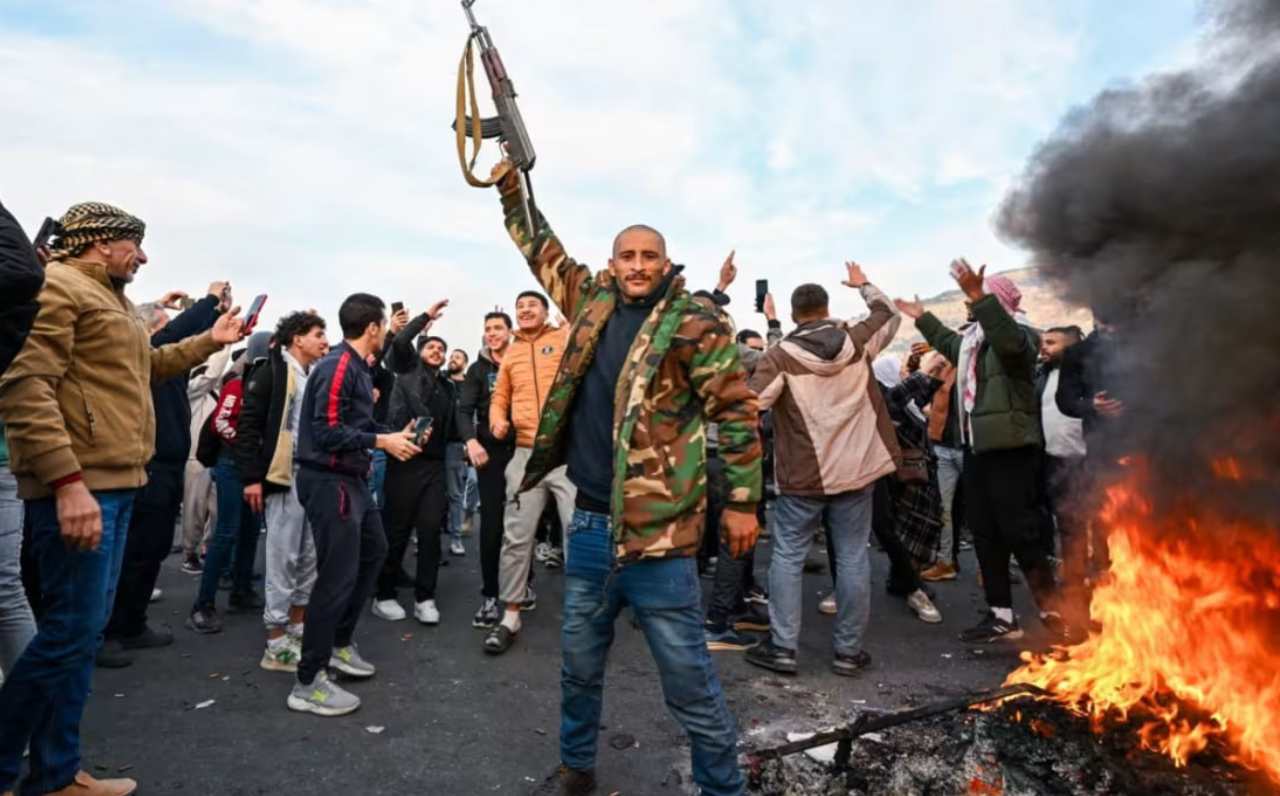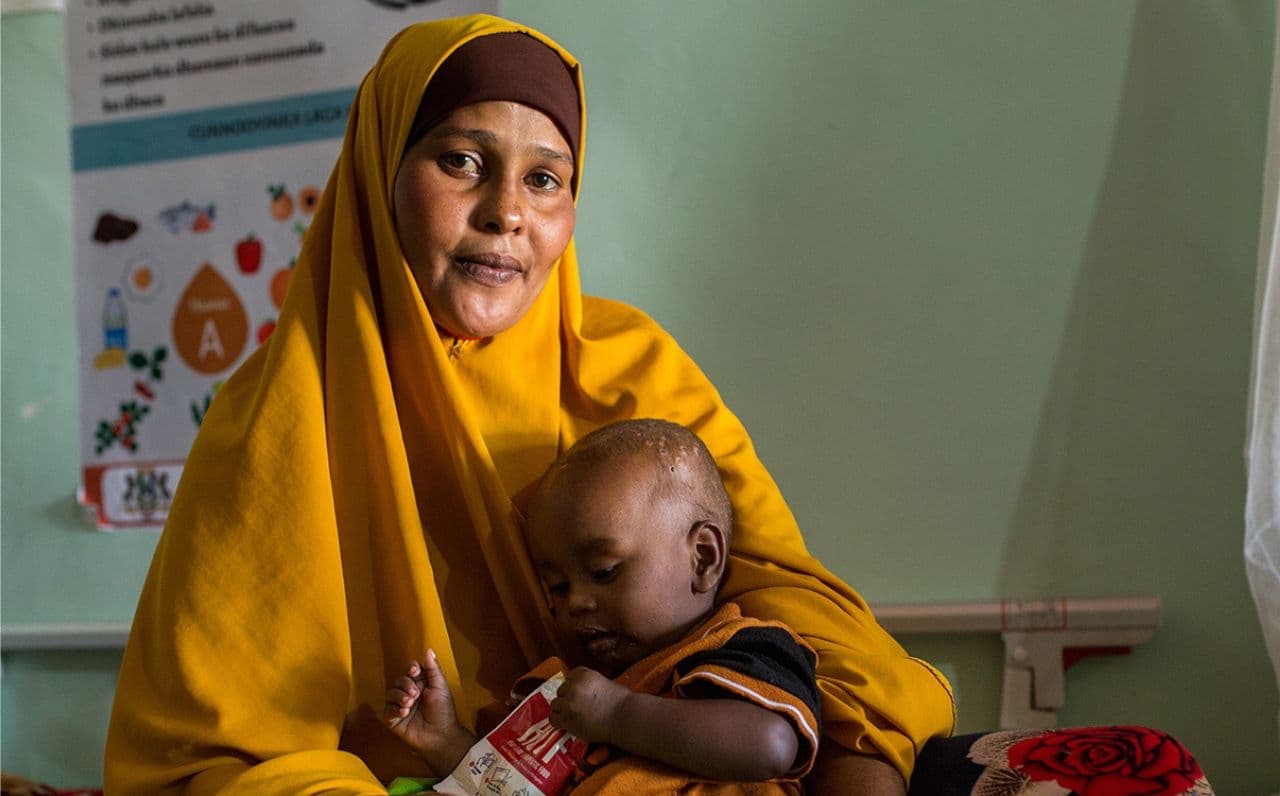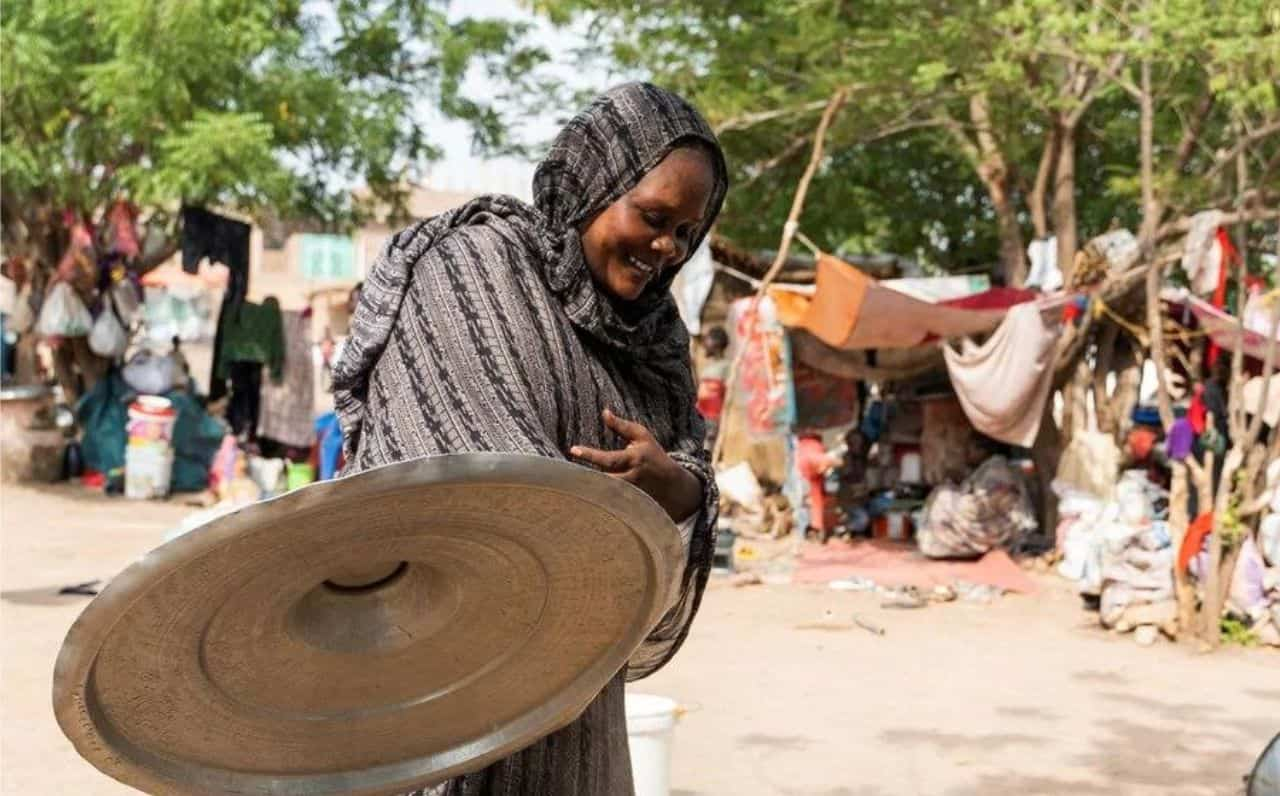Christian Street Artist Honors Beirut Explosion Victims with 204 Illegal Portraits
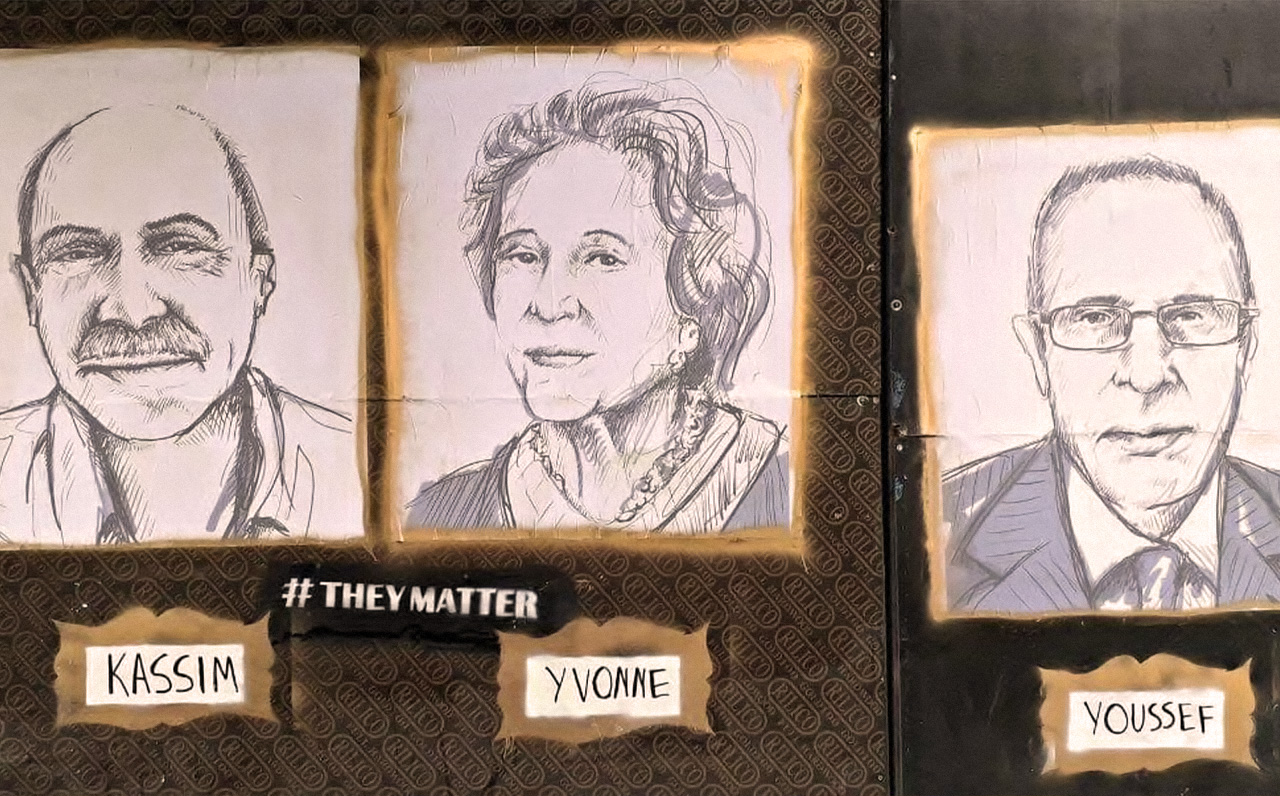
Inspired by Makoto Fujimura, an American evangelical partners with Lebanese art institute to equally dignify every death.
Nine months later, Brady Black was fed up—and inspired.
Last August, one of the largest non-nuclear explosions in human history leveled Lebanon’s main port and thousands of homes.
Charities and churches scrambled to help, as 204 people were killed.
The government has done next to nothing.
But now, each victim has a portrait across from Beirut’s famed Martyrs Square.
“Families were protesting, holding up pictures of their relatives as they demanded justice,” said Black.
“They wanted them to be seen. So we made it loud.”
An American street artist resident in Lebanon since 2015, Black teamed up with Art of Change to illegally create the capital city’s largest informal portrait gallery. Run by a secular British artist and a Lebanese Muslim from the heterodox Druze sect, the art institute co-founders sponsored Black’s evangelical idea for “good mischief.”
Scouring the internet for every name and image that could be found, Black digitally drew each face with the utmost care—with one caveat. No matter the importance of the victim or the degree of fame achieved in their death, each was limited to one hour of his creativity.
An hour he bathed in prayer for the surviving family.
“People come up to me, frantically asking, ‘Where is my son?’” said Black of his installation.
“‘Come with me,’ I tell them. ‘I know exactly where he is.’”
Each victim’s portrait is about 10 square feet in size. Arranged side-by-side, the images span the equivalent of three football fields, covering three-quarters of a city block on one of Beirut’s busiest downtown intersections.
Black was especially keen on the eyes.
Mona Lisa-like, each face stares directly ahead. Standing in front of one, viewers are confronted with the victim’s singular humanity. But when viewers turn their heads 90 degrees, the sidewalk gallery is designed to overwhelm with the scope of collective tragedy.
But also its equality.
Entitled #TheyMatter, all are listed only by first name.
Yvonne Sursock is perhaps the most famous victim of the blast. Known as Lady Cochrane, the 98-year-old high-society philanthropist and elegant patron of the arts was posthumously honored with Lebanon’s Order of the Cedar.
Black put her between Kassim and Youssef, unknown to all but their families.
Lebanese victims are interspersed with Syrians, Palestinians, Bangladeshis, Filipinos, and Ethiopians. Others are in silhouette, if images were unavailable or families did not want to participate. But with portraits drawn in black and white, ethnic differences are dimmed, challenging an often-stratified social hierarchy.
“It is extremely non-Lebanese, but part of the message,” said Black.
“All are exactly the same in death.”
The project began as one family insisted that all be the same in memory.
An early idea was to highlight 3-year-old Alexandra Najjar, whose innocence transfixed the public after the explosion. But her family refused, said Imane Assaf, the Druze collaborator.
Sahar, a vibrant bride-to-be, was a paramedic first responder.
Chadi, an unemployed man who was unable to speak, hung around the nearby hospital.
Ali and Malak, a married couple out having dinner, had their portraits moved next to each other once Black discovered their relation.
The dignity of each is conveyed, however, through materials meant to symbolize utter brokenness. Cheap glue plasters the portraits onto construction boards, hiding one of Beirut’s stalled development projects.
Source: Christianity Today
International, Americas

2021 Sep 14
Middle east

2024 Dec 10
Africa

2024 May 10
Threats against Christians in Australia increase
International, Americas

2024 Apr 16
Increasing Arrests and Faceless Victims Revealed in Latest Findings.
Middle east

2024 Feb 23
SimilarNews
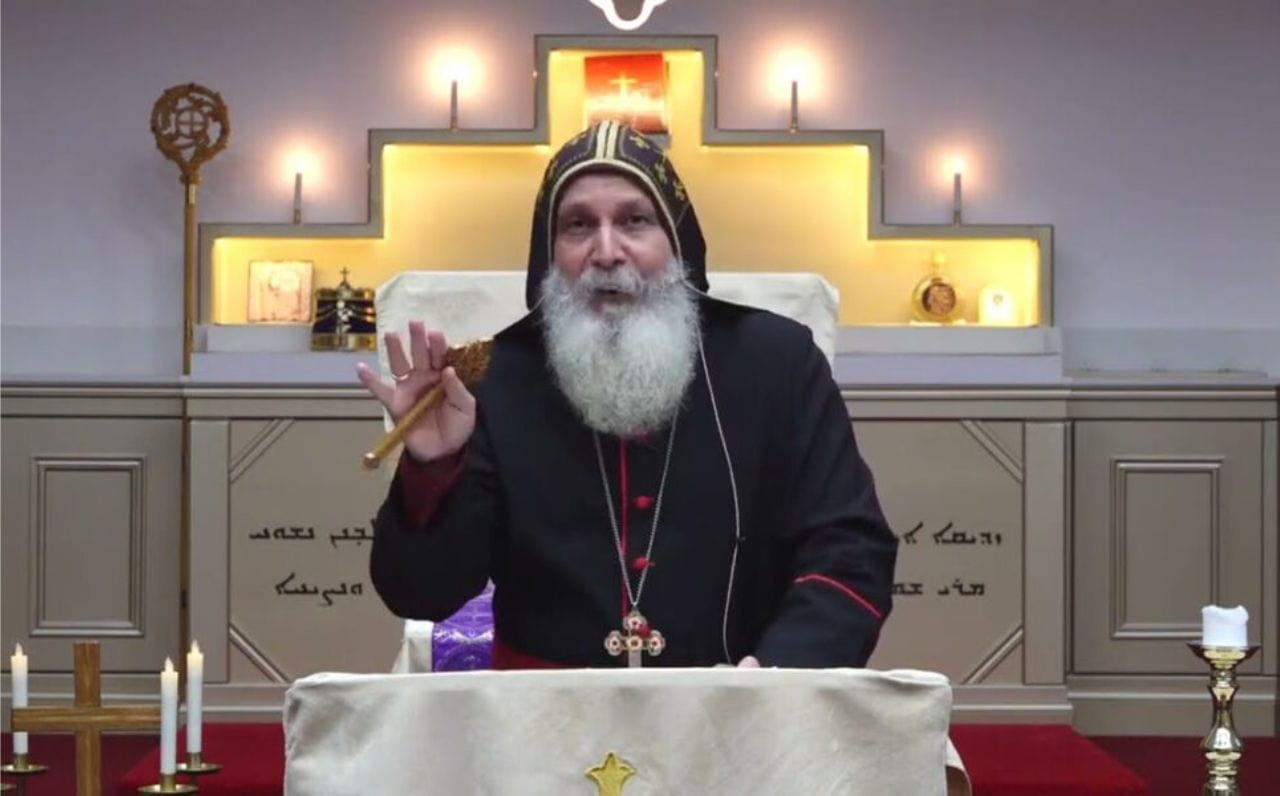 Prominent Christian Bishop Stabbed on Live Broadcast
Prominent Christian Bishop Stabbed on Live Broadcast Threats against Christians in Australia increase
International, Americas

2024 Apr 16
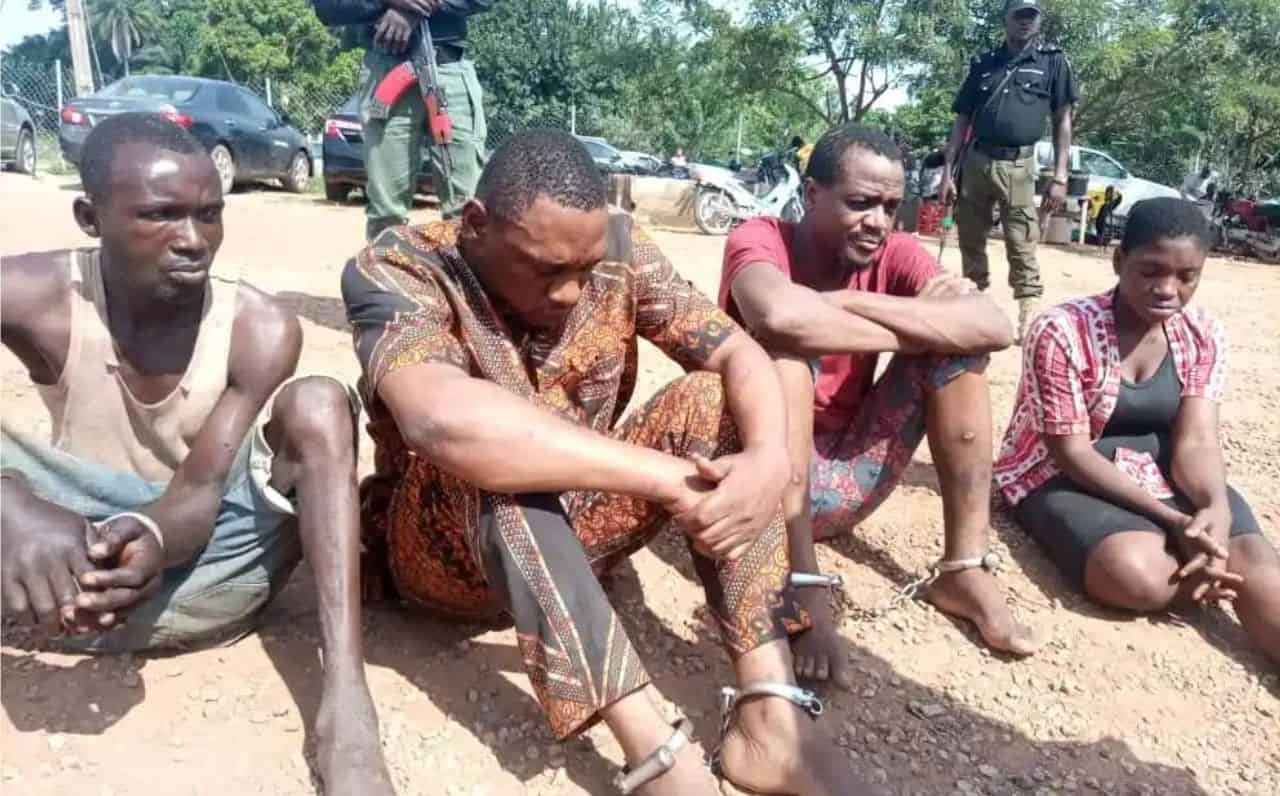 Fullani Islamist Group Suspected in Ekiti State Kidnapping
Fullani Islamist Group Suspected in Ekiti State Kidnapping Doznens of christian children abducted.
International, Americas

2024 Feb 01
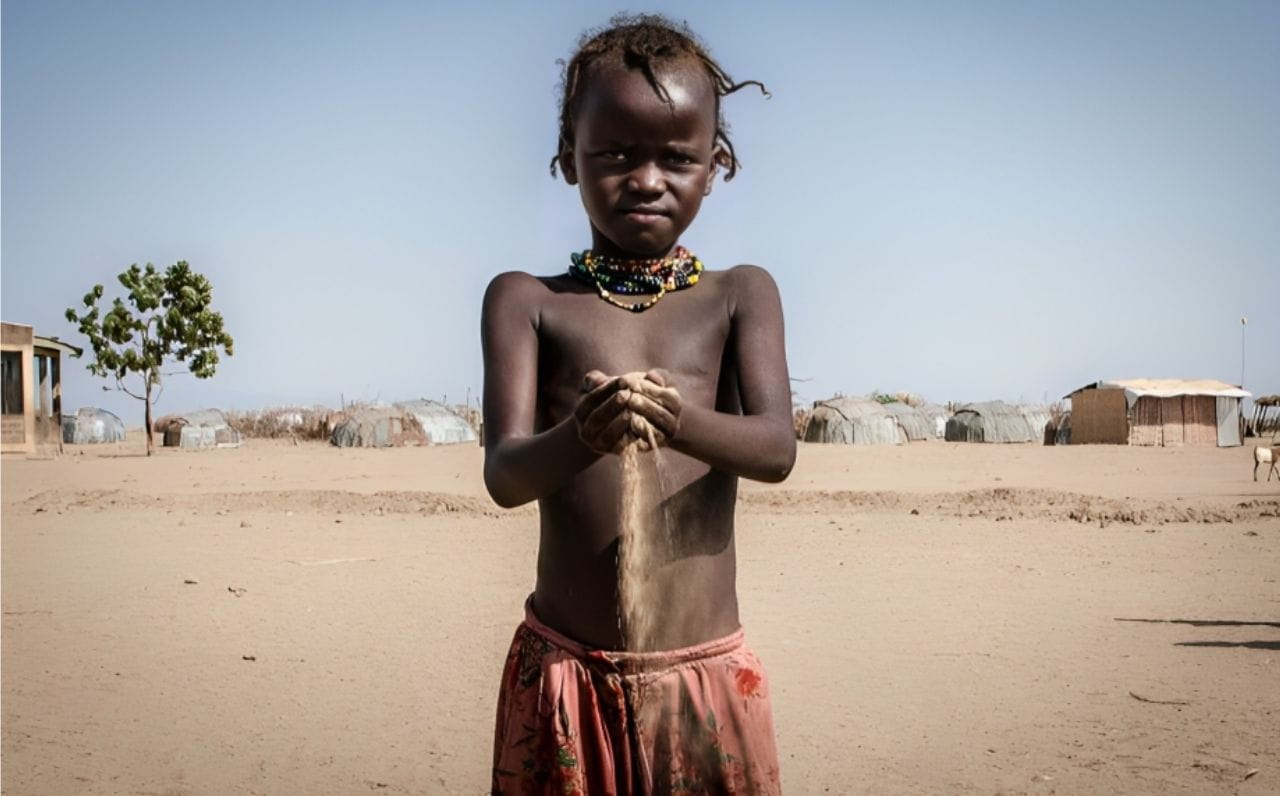 Water Crisis Threatens Children Globally
Water Crisis Threatens Children Globally 436 Million Children Face Extreme Water Vulnerability.
International, Americas

2023 Nov 16
International organizations expressed concern.
International, Americas

2023 Nov 14
Eleven children die every week.
International, Americas

2023 Jul 27
Lack of access to humanitarian aid.
International, Americas

2023 Mar 09
Children are the biggest victims of recent crises.
International, Americas

2023 Mar 06
